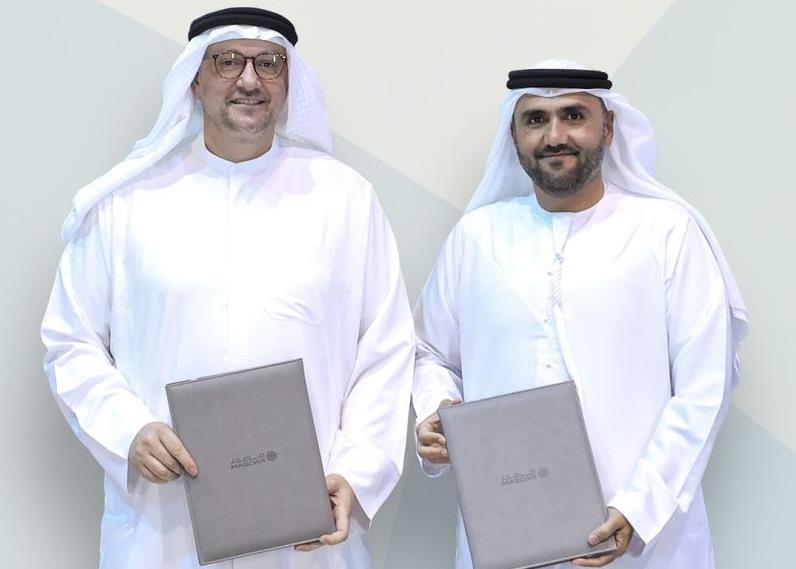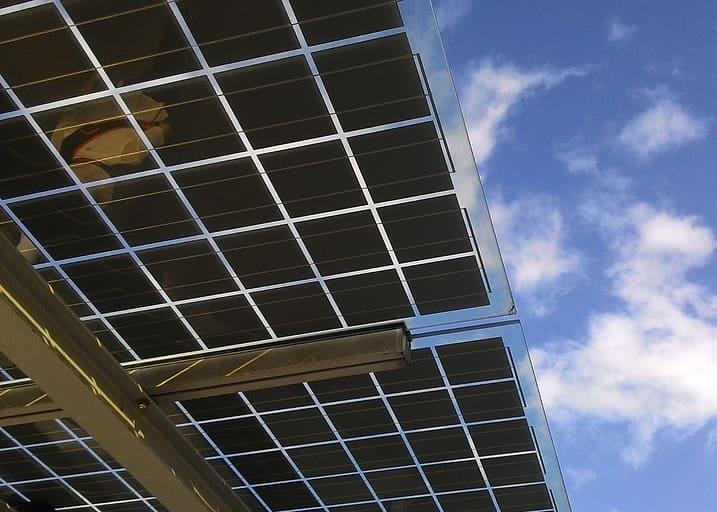
Political change has created a 'unique opportunity' for sweeping economic, administrative and social reforms, the IMF concluded in its latest Article IV consultation with Beirut, published in late November.
Political change has created a 'unique opportunity' for sweeping economic, administrative and social reforms, the IMF concluded in its latest Article IV consultation with Beirut, published in late November. Despite the economy's ability to overcome the drop in confidence following the assassination of former prime minister Rafiq Hariri and the adept handling of the subsequent economic crisis by Banque du Liban (central bank), Beirut's debt of '$37,000 million, or 167 per cent of gross domestic product [GDP], remains on an upward path and, in the absence of fiscal adjustment, it would snowball, reaching 210 per cent of GDP by 2010', the report said. As a result, the fund calls on Beirut to adopt stringent policies to alter its 'explosive' debt dynamics. 'Fiscal measures equivalent to about 2.5 per cent of GDP are required in 2006, followed by another two percentage points of GDP of adjustment in 2007 and 2008. In combination with privatisation, such an ambitious adjustment would place the debt-to-GDP ratio on a downward path.' Given Beirut's urgent need to adjust its debt situation, the fund recommends reforming the value-added tax (VAT) system and developing a more effective and progressive income tax system by 2007. It also calls for long-term pension reform. The fund says the banking sector remains well capitalised and liquid but warns of the mutual dependence between the government and banks: 'The main systemic risk remains the exposure to sovereign risk and the large maturity mismatch.' A core element of Beirut's fiscal adjustment strategy should be to restore the financial viability of the electricity sector. The fund outlines problems at Electricite du Liban (EdL) such as weak governance, production inefficiency, widespread theft and non-payment of electricity, which 'works de facto as a social redistribution system'. The fund says that a determined commitment to adjust the problems of EdL 'would provide a strong signal of the government's willingness to tackle difficult issues'. On the monetary side, the report recommends that the exchange rate regime should remain pegged to the dollar in the face of widespread dollarisation, while also calling for a 'well functioning' capital market that could provide the private sector with working capital, help mobilise longer-term financing from abroad and support the privatisation drive. It also approves of Beirut's plans to set up an independent securities regulator. In the short term, the fund calls on Beirut to restore the financial health of the state as a precondition to sustained growth over the medium term. It sees the reactivation of the privatisation programme as a priority and urges the government to tackle 'widespread corruption'.
You might also like...

Neom seeks to raise funds in $1.3bn sukuk sale
19 April 2024

Saudi firm advances Neutral Zone real estate plans
19 April 2024

Algeria signs oil deal with Swedish company
19 April 2024

Masdar and Etihad plan pumped hydro project
19 April 2024
A MEED Subscription...
Subscribe or upgrade your current MEED.com package to support your strategic planning with the MENA region’s best source of business information. Proceed to our online shop below to find out more about the features in each package.




